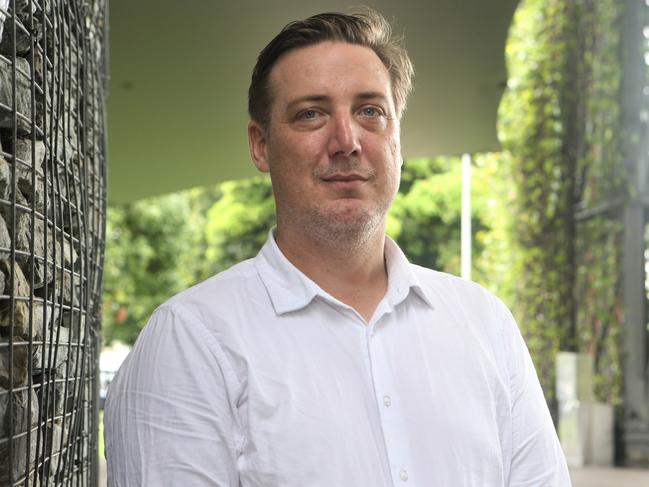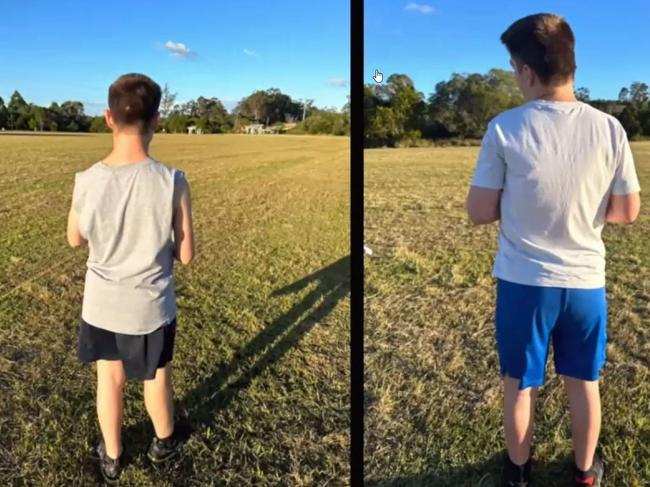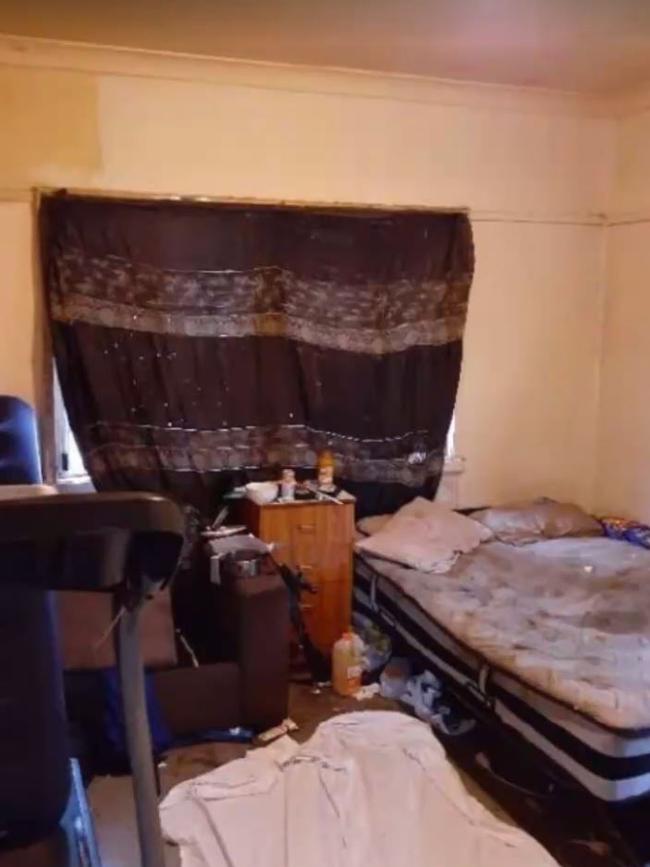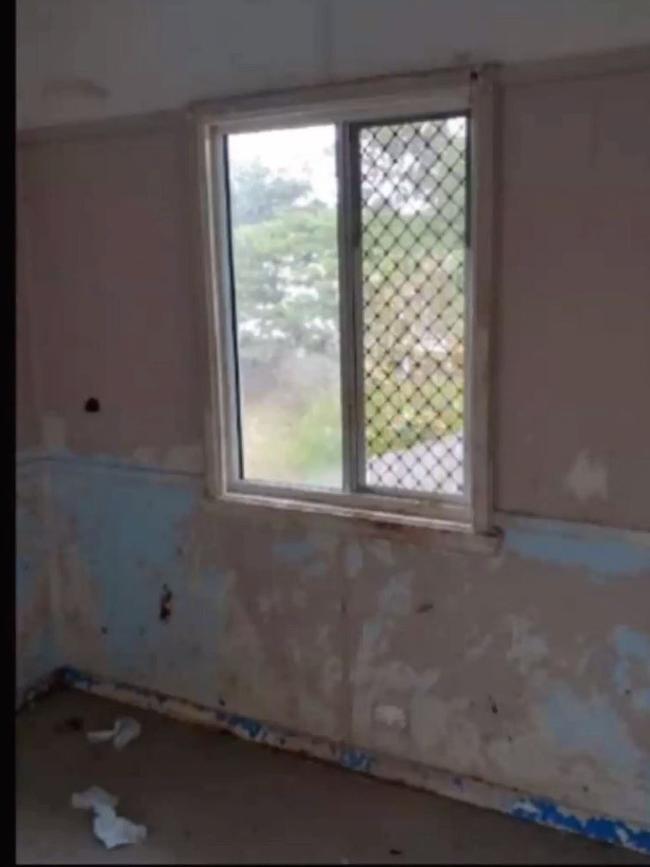Disability commission hears ‘confidential’ safety records can only be accessed if child is dead
Queensland’s outdated legislation has been highlighted by a case of two Brisbane brothers with autism who were found malnourished and living in squalor, a Royal Commission has heard.
Police & Courts
Don't miss out on the headlines from Police & Courts. Followed categories will be added to My News.
Queensland’s Family and Child Commission is hamstrung by outdated legislation, leaving it unable to request access to confidential files – such as child safety records – unless the child in question has died.
The bureaucratic failures have been highlighted by a case of two Brisbane brothers with autism who were found malnourished, locked in a room, and living in squalor in May 2020 when emergency services went to their home and found their father’s body.
The brothers – known by pseudonyms “Kaleb” and “Jonathon” and aged 19 and 17 at the time – have been the focus of a Royal Commission into Violence, Abuse, Neglect and Exploitation of People with Disability in Brisbane this week.
Queensland Family and Child Commission’s Principal Commissioner Luke Twyford gave evidence on Tuesday that the QFCC policy is not to be drawn into looking at individual cases, but rather, to look at broader systemic issues.

Mr Twyford said the QFCC was only able to investigate Kaleb and Jonathon’s cases because they received a special direction to do so from the State Attorney-General’s office.
Mr Twyford said the brothers’ case highlighted policy shortfalls.
This included the QFCC not being able to access confidential information – such as child protection records, disability service records, or education information – when investigating cases.
“We did not formally request confidential information from the Department (regarding Kaleb and Jonathon) because of that clause,” he testified.
“There are times when we do request access to (confidential) case files for our reviews and there are times where we are granted access … But as a general rule, the line between sensitive case files and our ability to access them is pretty clear.”
In addition to being QFCC Principal Commissioner, Mr Twyford is also the Chair of the Child Death Review Board.

Gillian Mahony, counsel assisting the Royal Commission, highlighted the different rules for Mr Twyford regarding confidential information, depending on which role he is acting in.
“So you, in your role as (QFCC) Principal Commissioner, cannot request confidential information? But as the Chair of the Child Death Review Board, you can request confidential information?” Ms Mahony asked.
Mr Twyford replied: “Yes, (as Child Death Review Board chair) I can request it and I must receive it.”
Disability Royal Commission Commissioner John Ryan asked what information Mr Twyford had access to when investigating Kaleb and Jonathon’s case.
Mr Twyford said he was not given information regarding the conditions in which the brothers were found, or that neighbours had contacted various government departments raising concerns about the boys and their welfare, before the boys’ father died.
Mr Twyford said he could not use his stronger powers through the Child Death Review Board to investigate the brothers’ case because Kaleb and Jonathon had not died, and their father’s death did not fall under the Board’s scope.

“It’s the contradiction that there are powers to compel the production of confidential information and conduct case-specific reviews, but only when a child has passed away,” he said.
“If we are to create a body that explores risks and issues for children and families in Queensland, those powers would be better applied to times when there are non-death incidents.”
The Disability Royal Commission, being held on Level five of The Waterfront Place building on Eagle St in the city, also heard about Kaleb and Jonathon’s engagement with the National Disability Insurance Scheme.
Both applied for support in December 2016.
Kaleb received support plans totalling $150,000 over three years.
In contrast, Jonathan’s application was never approved and was automatically cancelled in April 2018.
In addition, less than $2000 of the $150,000 funding Kaleb was eligible to access under the National Disability Insurance Scheme (NDIS) was actually claimed in those three years.
This was largely put down to his father, who distrusted the government and government agencies.

Despite Kaleb turning 18 during this three-year period, his father remained in control of his NDIS plan and accessing funds.
There have been policy changes since the brothers’ case.
At the time, the NDIS system could not recognise brothers and link their applications or profiles, meaning no one could see that Kaleb had been approved for thousands of dollars in support, while Jonathon’s NDIS application remained pending for years.
There have also been changes to better identify and monitor NDIS cases where the disabled person involved is deemed to be “at risk”.
There are now more powers for NDIS or National Disability Insurance Agency (NDIA) officers to recommend police or child protection officers intervene in certain cases.
The Disability Royal Commission hearings continue in The Waterfront Place building, 1 Eagle St, Brisbane on Wednesday.



